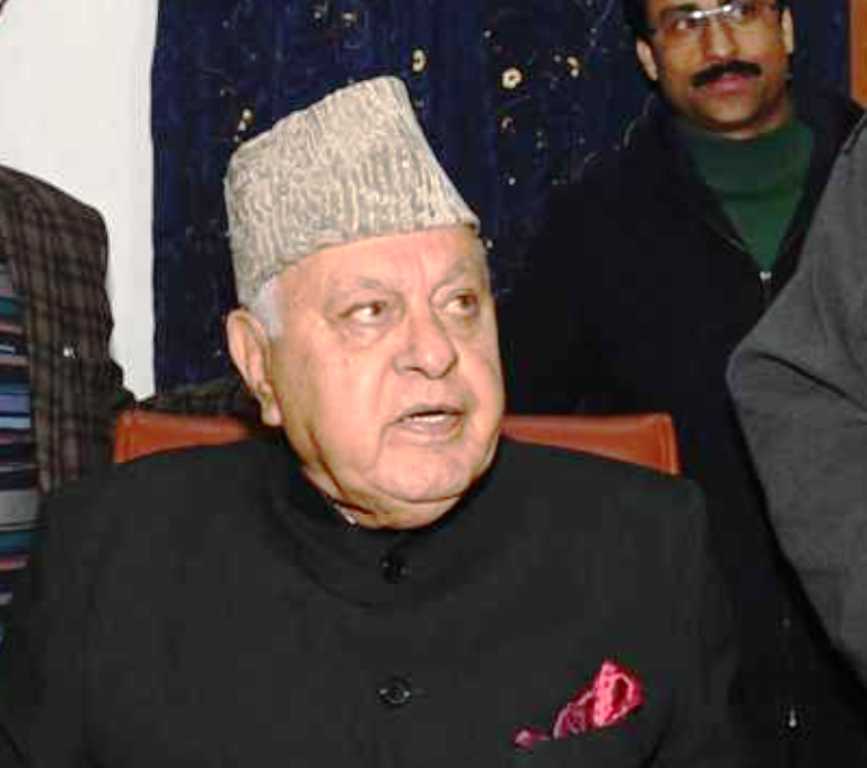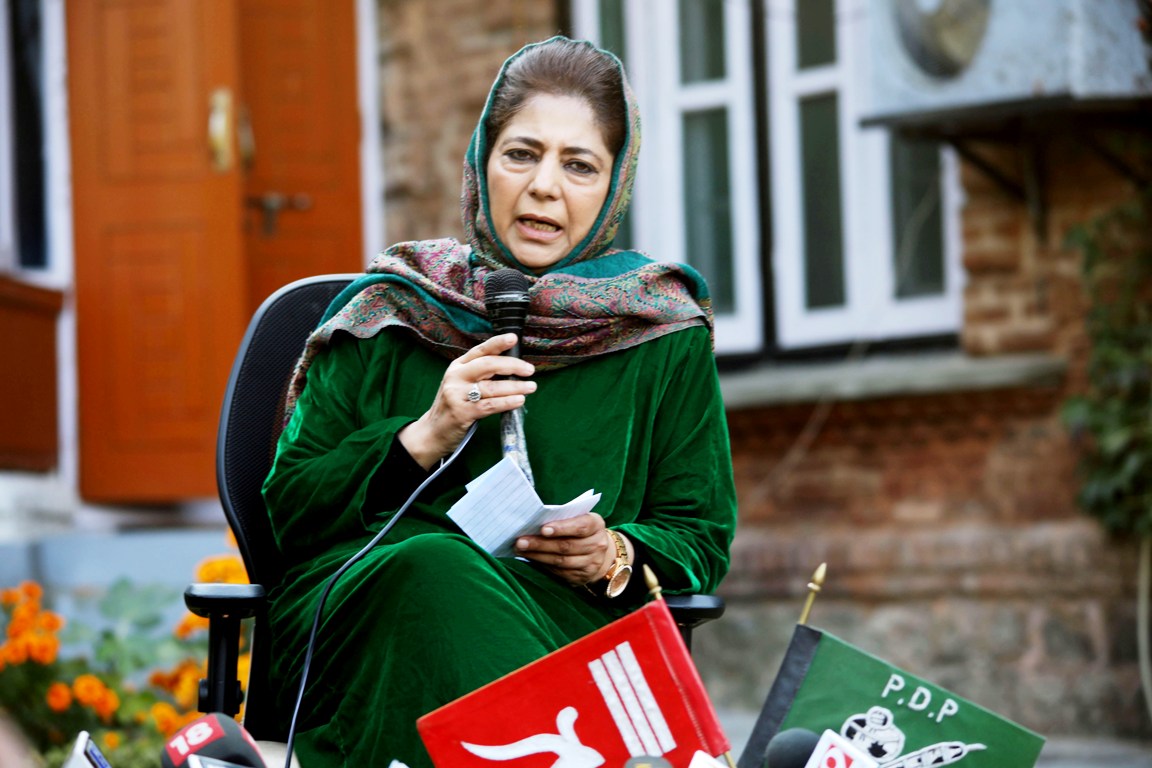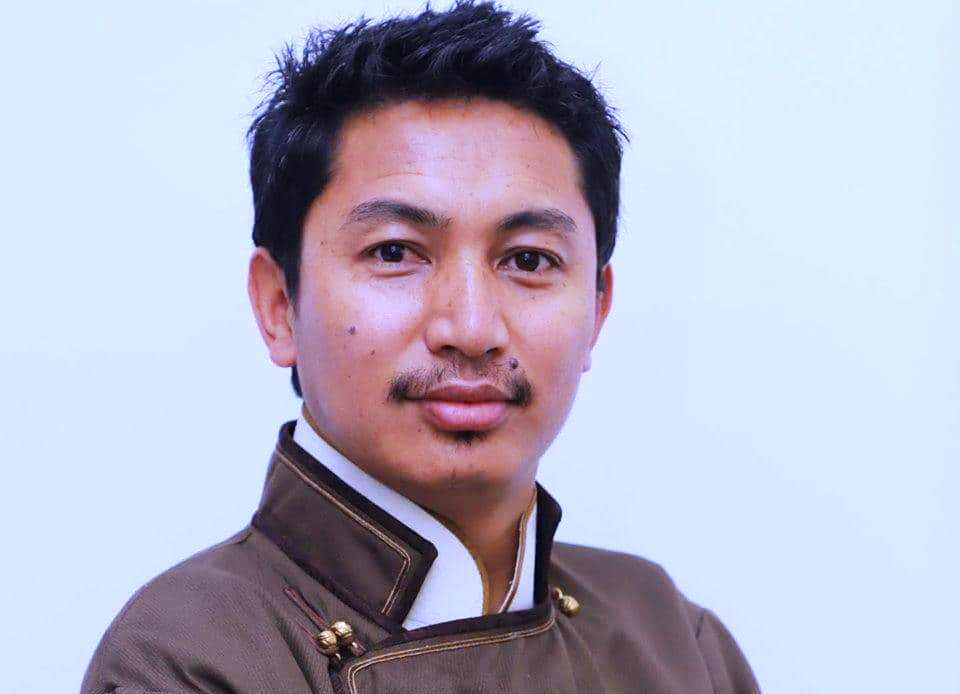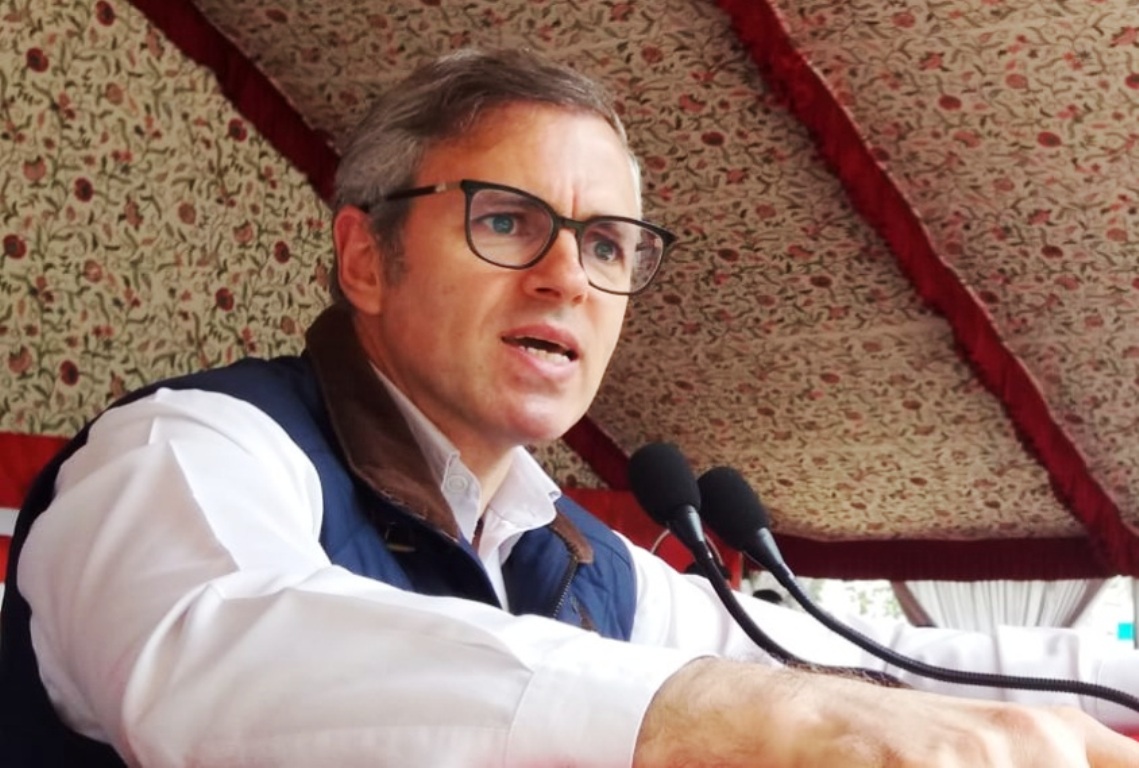by Muhammad Raafi
Srinagar: The government of India has said that the chief of Pakistan-based Jama’at-ud-Dawa and a suspected Mumbai attack mastermind, Hafiz Saeed, was designated as a “Specially Designated Global Terrorist” by the United States under executive order 13224 in the year 2008 and he continues to remain so. Saeed is also the leader of militant organisation Lashkar-e-Toyyiba (LeT) that operates in Jammu and Kashmir.
In a response minister of state in the ministry of external affairs, MJ Akbar said, “Since 2012, the United States has offered a US$10 million reward for information that brings Hafiz Saeed to justice.”

“The United States designated LeT and Jamaat-ud-Dawa as Foreign Terrorist Organization (FTO) in December 2001 and April 2008 respectively,” the response stated.
The question was raised by Naresh Chandra Agarwal, a member of Rajya Sabha, who represents the Uttar Pradesh and is a member of the UP-based Samajwadi Party.
“In a statement issued on 25 November 2017, the White House strongly condemned the release of Hafiz Saeed from house arrest in Pakistan and called for his immediate re-arrest and prosecution. The US Department of State also, in a statement issued on 24 November 2017, expressed deep concern over the release of Hafiz Saeed,” Akbar said in his response.
Akbar said that India and the United States remain strong partners in the fight against “terrorism”. “During Prime Minister’s visit to USA in June 2017, both sides reiterated their resolve to fight together against terrorism. They committed to strengthen cooperation against terrorist threats from groups including Al-Qa’ida, ISIS, Jaish-e-Muhammad, Lashkar-e-Tayyiba, D-Company, and their affiliates.”
He further said that a new bilateral consultation mechanism has been established on domestic and international “terrorist designations” listing proposals, which held its first meeting in New Delhi on 18-19 December 2017.
“Recently, the United States has designated Syed Salahuddin, the leader of Hizbul Mujahideen, as a Specially Designated Global Terrorist and Hizbul Mujahideen as a Foreign Terrorist Organization in June 2017 and August 2017 respectively,” Akbar concluded.
To another question raised by congress MP Dr KVP Ramachandra Rao, Akbar said that the SAARC has been unable to achieve its potential as key initiatives, including in the important area of connectivity, are held back due to lack of response and obstructionist approach of Pakistan.
“Several SAARC Member States expressed their inability to participate in the 19th SAARC Summit that was scheduled to be held in November 2016 in Pakistan due to concerns arising from increasing cross border terrorist attacks in the region and growing interference in the internal affairs of member states by that country,” he said.

Akbar said that under this scenario, initiatives to enhance connectivity in the region have been pursued at sub-regional level. In initiatives such as India’s offer of a satellite for SAARC region, where Pakistan conveyed that it would not be joining, the project has moved forward with participation from other SAARC member states, he said.
“India remains steadfast in its commitment to regional cooperation, connectivity and contacts but believes that these can only go forward in an atmosphere free of terror. It is important that substantive progress in key initiatives is made to meet people’s expectations,” Akbar added.
To another question about whether the government is reconsidering the Most Favoured Nation status of Pakistan, after Uri attack, the junior minister in the external affairs replied in negative. “No! Presently, no proposal to review Most Favoured Nation status to Pakistan is under consideration.” He was replying to Kiranmoy Nanda of Samajwadi Party.
He said India has accorded “Most Favoured Nation” Status to all WTO members, including Pakistan, in accordance with provisions of the Article 1 of General Agreement on Tariffs and Trade, 1994. “It is unfortunate that Pakistan has not fulfilled its international obligations in this regard, so far.”















